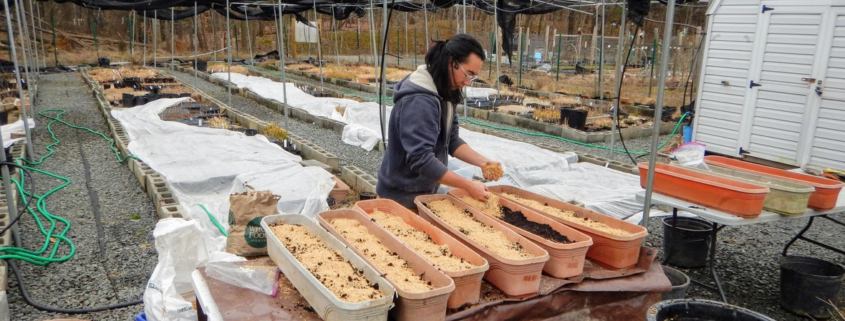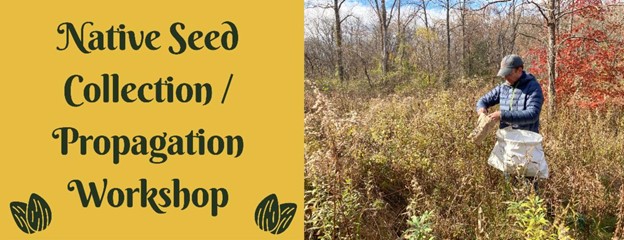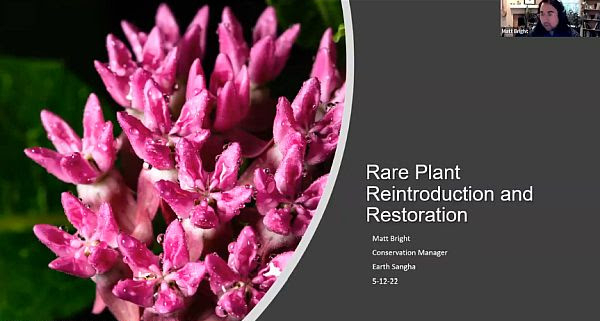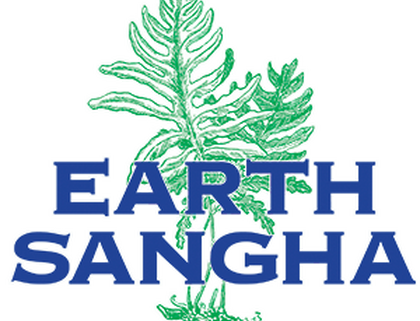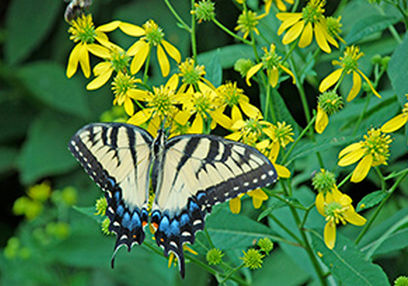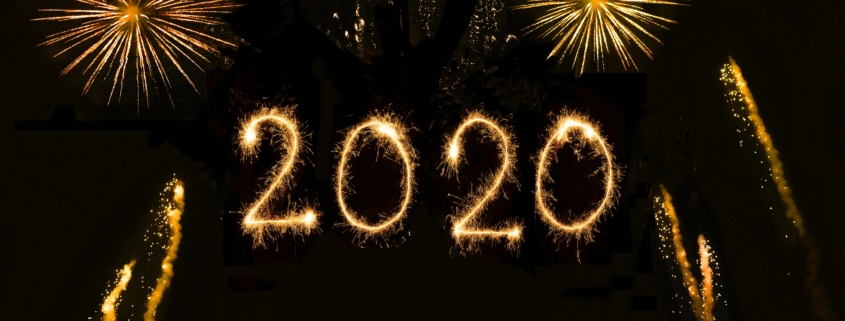Article by Matt Bright, Conservation Manager for Earth Sangha, mbright@earthsangha.com
As the Earth Sangha’s resident optimist, it can sometimes be difficult to keep my usual cheery disposition. A new study came out in France (Wintermantel et al. 2019) showing that even after an EU-wide moratorium in 2013 and an outright ban in 2018, agricultural fields still have levels of neonicotinoids that can be fatal to bees. Research continues to pile up showing declines in birds and insects in North America and beyond. UN reports on climate change sound more dire. Amidst all this depressing news, I was contacted by the Piedmont Chapter of the Virginia Native Plant Society and they asked me if I could give a talk, but that they wanted it to be optimistic – to focus on what is possible rather than what is broken.
I haven’t yet decided what exactly I will talk about during my January 26th talk, but the challenge and the recent holidays have forced me to reflect broadly on what we’re all doing right, and how we can all collectively keep making progress. This isn’t meant to be Pollyannaish. There is much to be distraught about it. But, with hard work there are issues we can address and begin to create some real change. Here’s what I came up with:
Our understanding of native plants role in ecosystems continues to increase. Scientific literacy about plant ecology is the best tool we have for engaging more people and making the case for conservation and restoration work here and abroad. Thanks to the efforts of scientists like Doug Tallamy, Karin Burghardt, Desiree Narango, and countless others, we now have a much clearer understanding about the interaction between native plant communities and the wildlife they support, and the damage invasive species can do to our natural areas. In summary, native plants support a wider variety and quantity of insect life; these insects support a greater variety of bird life; the flowers attract more insect pollinators and nourish these better than non-natives; and the fruits tend to be better suited to supporting native wildlife too. The more we can put native plants back into areas where they belong, the better off we will all be.
Thanks to the Virginia Department of Conservation and Recreation’s Natural Communities of Virginia, we now have an excellent data set detailing how native plants assemble themselves in the wild. We know that native plants do not occur willy-nilly at random, but in predictable plant communities, and we can use the information, along with historical data and reference sites, to guide restoration.
We now have data on how cultivars of native species function ecologically compared to wild type stock. Annie White’s data show that most cultivars see significantly lower visitation than wild type flowers, and new research on cultivar by Andrea Kramer in Ecological Restoration found that “nearly 25% of cultivars had floral or leaf traits that differed from wild plants in ways that may compromise their ability to support pollinators and other wildlife” and that “only 3% of cultivars received high suitability scores for use in large, undisturbed sites near remnant populations [of native plants].”
All of this research helps us to be more prepared to address future conservation and restoration challenges and informs our work. Even if the conclusions they come to aren’t emotionally gratifying to hear, they point a path forward. In this case, the conclusion is clear: careful restoration of degraded areas with local ecotype stock, replanted into reasonable facsimiles of natural or successional plant communities is a low-risk, high-reward method to improve ecological function. Which brings me to my next point.
We know that we can make a difference. A study looking at fragmentary habitat (Damschen et al., 2019) found that species diversity increased 14% over 18 years in corridors where restoration reconnected disparate parcels compared to ones that remained isolated. This sort of patchwork of parks, natural areas, and undeveloped land separated by swaths of built up areas is mirrored in our own region. By working to improve the ecological value of lands on both public and private areas we can begin the work of reconnecting these fragments into larger corridors.
This work is already happening thanks to homeowners and landscape designers using native plants. Including native plants into landscape designs for larger developments, green roofs, and roadsides will be part of the solution. Advocating and educating people about the advantages of using native plants and how to begin with them is happening right now thanks to Plant NoVA Natives, Audubon at Home and other groups. And of course, our own Wild Plant Nursery supplies homeowners as well as landscape designers, and restoration projects with local ecotype native plants grown without pesticides.
It looks like we will have set yet another record for distributing more plants from our nursery with a whopping 49,734 plants distributed. These plants are hopefully by now all in the ground and will be contributing towards reconnecting some of these fragmented areas and creating better habitat.
We are working with a community of thoughtful engaged professionals and volunteers. This year, our plants reached 29 schools and over 40 parks across Northern Virginia. Inspired by how well our efforts to restore rare plant species (Pycnanthemum torreyi and Solidago rigida) to wild areas with Fairfax County Park Authority went this year, we’re already looking other sites where we will conduct volunteer restoration plantings using our own plants, in areas where larger scale restoration seeding has already taken place. We think this can be a good model that allows land managers to tackle large areas economically with seed sowing, while protecting local genetics and adding appropriate diversity to sites through replanting with local ecotype stock. Keep an eye out this spring when we’ll need a hand with planting!
Across the region, thoughtful restoration work is taking place. City of Alexandria targeted a steep mowed slope in Montgomery Park where we replanted dry meadow species. This planting not only helped to establish a diverse meadow where there was only lawn before, but removed a difficult and potentially dangerous bit of mowing along a steep slope. Fairfax County, Falls Church City and Arlington County have also completed a number of restoration events this year, in part with our stock.
And, of course, many volunteers work tirelessly to see these projects through, to advocate for better policies, educate and engage people who would otherwise not be aware of local environmental issues, and help to inform our own understanding of natural areas by volunteering their expertise with citizen science projects or leading their own restoration projects.
We would’ve never been in the position we’re in today, to support so much great work, if it wasn’t for all the support of our colleagues, our donors, and our volunteers.
And for all that, I am very grateful.


